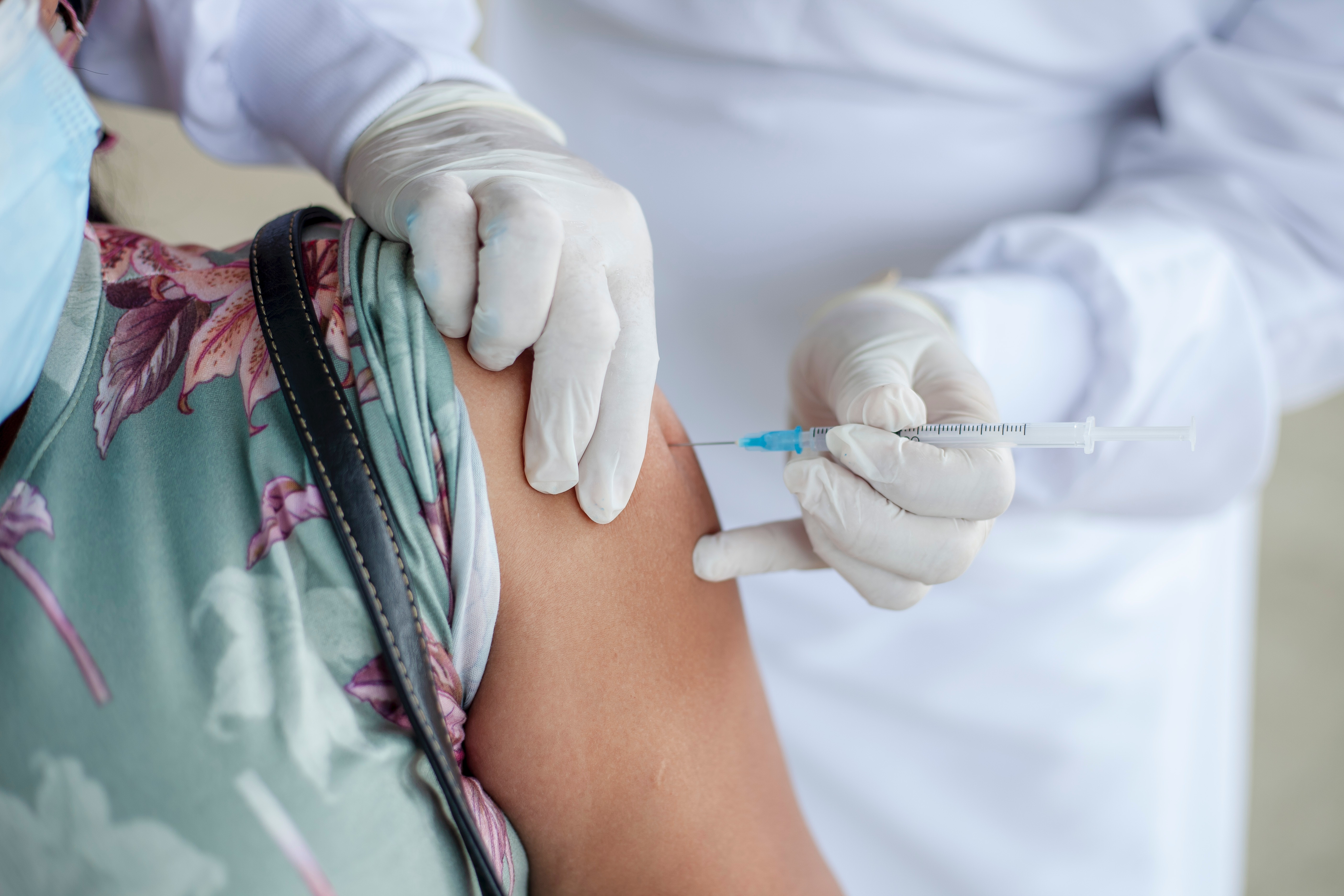Commentary calls for long-term testing, surveillance and mitigation strategies to control the virus that causes COVID-19
WASHINGTON (Jan. 6, 2022)—The virus that causes COVID-19 is likely to be with us forever, so now the US must formulate the plans and make the long-term investments necessary to minimize virus transmission, save lives, and return the country to normalcy, according to a commentary published today in the Journal of the American Medical Association.
“COVID-19 will not disappear so we need to make some major changes to avoid more surges like the one that is devastating the country right now” David Michaels, professor of environmental and occupational health at the George Washington University and lead author of the commentary, said. “To achieve a new normal, the United States must improve access to tests, develop a better surveillance system and deploy aggressive mitigation measures aimed at reducing the risk associated with viral infections,” said Michaels who is an epidemiologist and a former administrator of the Occupational Safety and Health Administration, the longest serving in the agency’s history.
The authors note that the US needs a stronger public health infrastructure to cope with the ongoing pandemic and future crises. Specifically, they say the US must:
- Develop a comprehensive testing and reporting system for all viral respiratory illnesses, including COVID-19.
- Provide low cost or free tests to everyone in the US to determine if they are infected or infectious.
- Launch a nationwide surveillance system to look for outbreaks of infectious disease in wastewater or the air. The system must be rapid enough to find an uptick and give public health officials time to contain its spread.
- Put in place improved COVID mitigation strategies to help make communities and especially workplaces safer.
- Encourage the use of high-quality filtering masks such as N95s or KN95s rather than cloth or surgical masks in indoor settings--where the risk of transmission is elevated.
“The best way to prevent the spread of COVID-19 is to eliminate exposure to potentially infected people. That means enabling workers to remain home, continuing their wages through family and medical leave policies” Michaels said. Schools, offices, public transportation and other settings can be made safer by upgrading air ventilation and filtration systems and taking other safety steps.”
The commentary, “A National Strategy for COVID-19 Testing, Surveillance, and Mitigation Strategies,” appeared online Jan. 6 in JAMA. Michaels authored the piece along with Ezekiel J. Emanuel at the University of Pennsylvania, and Rick A. Bright at the Rockefeller Foundation.
-GW


